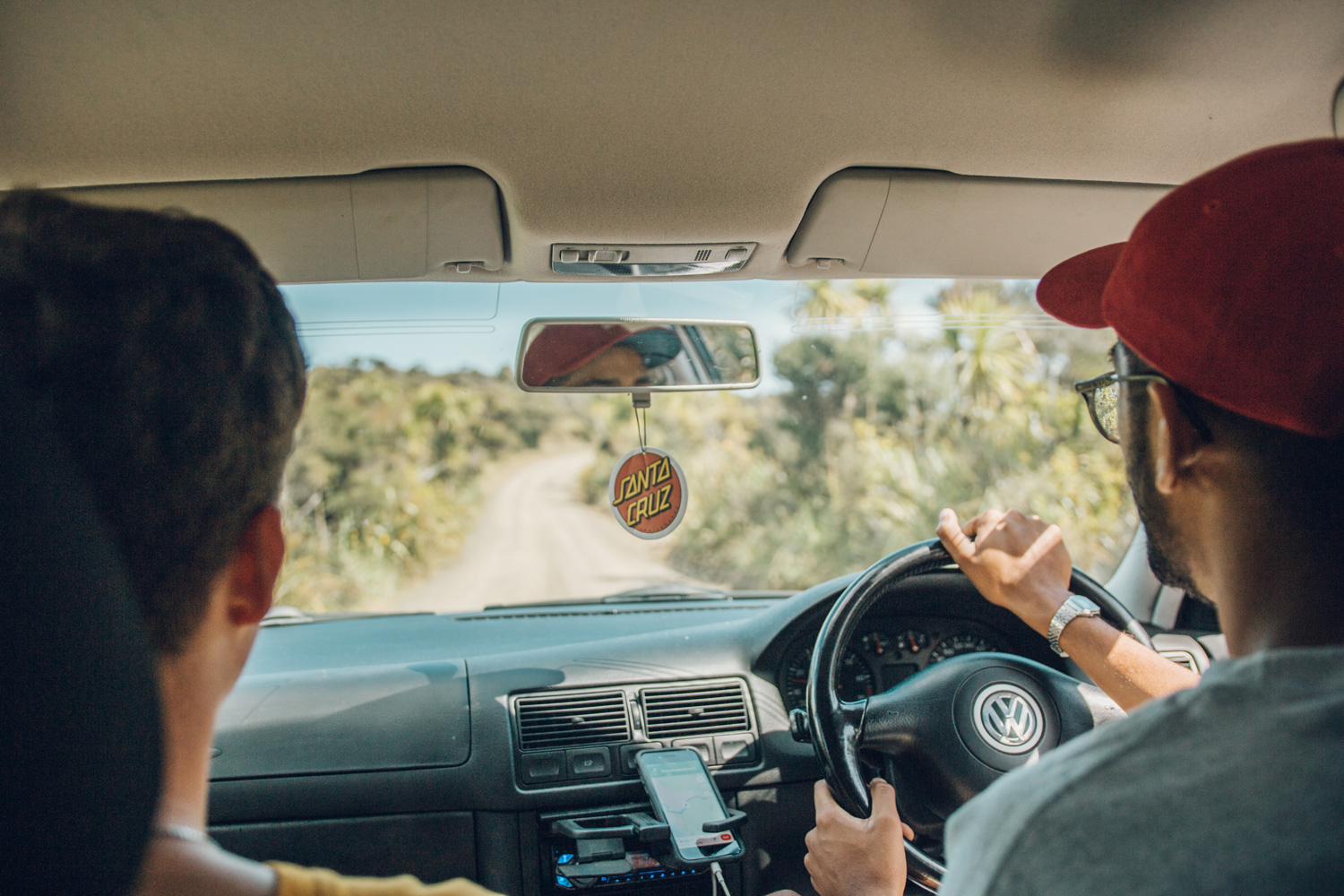
We know that breath testing is a generally reliable measure of alcohol intoxication. So why doesn't breath testing work for cannabis? Given that new roadside drug testing laws will soon come into effect, we dove into the science of drug and alcohol testing to find out.
In general, testing for THC (the main active ingredient in cannabis) in saliva or blood is much more complicated than testing for alcohol in breath or blood. There are a few reasons for this:
1.) Alcoholic beverages contain just one psychoactive substance, and people consume them the same way
Beer, wine, seltzers and spirits all contain just one substance that gets you wasted: alcohol. Alcohol is a water-soluble substance – you can mix your gin with tonic, but it won’t mix with olive oil. Most people consume alcohol by drinking it.
On the other hand, cannabis contains not only THC (the main psychoactive ingredient) but cannabidiol (CBD) and various terpenes, which can affect how intoxicated you get from the THC.
Unlike alcohol, people consume cannabis in many different ways: smoking, vaping, edibles, tinctures and more. The method you use to consume cannabis will affect how much THC (and other compounds) you absorb, how they affect you and how long they last in your system.
2.) Alcohol is water soluble
Since your body is mostly made of water, alcohol moves to different parts of your body in a relatively even manner. Because both your blood and breath contain a lot of water – alcohol is easily detectable through either blood or breath testing.
By comparison, one of the main psychoactive ingredients of weed, THC, is much less water-soluble than alcohol. Instead, it’s fat-soluble and moves quickly into organs with high blood supplies including the brain, heart and liver, and sticks around in areas with high fat content – like your brain and fat stores around the body. If you’re a heavy user, THC can accumulate in your fat stores and gradually release over time. That is why tests may show you are positive for THC, even if it’s been days since you last had cannabis.
One study of 30 long-term cannabis users showed that it took ten days of abstaining from weed before the THC in their blood fell below the level at which they would be penalised.
3.) Levels of alcohol in your blood or on your breath are generally proportional to how wasted you are
Factors such as how often you drink can affect how quickly your body processes alcohol, but generally, levels of alcohol in your blood or breath are proportional to how intoxicated you are. That’s why breath testing is an okay gauge of how intoxicated someone is. The same isn’t true for cannabis.
To find out why, we need to look at how your body processes THC.
Smoking weed will cause THC to peak in your blood around 3-10 minutes after your final puff. Your THC levels then fall rapidly as it’s absorbed, reaching a plateau after about 20-30 minutes that lasts for several hours.
Consuming edibles delays the onset and leads to a high that is more sustained but with lower peak THC levels than those that follow smoking. This is because your body starts breaking down THC after you consume it. After consuming edibles, it takes roughly two hours for the THC level in your body to peak (remember this before reaching for another serving of special brownie).
This all means that no matter how you take it, the levels of THC in your saliva or blood will not clearly reflect how much cannabis you’ve consumed, if the levels are tested after that first peak. Levels of THC in your saliva or blood are also not a clear indicator of how impaired you are, because intoxication from THC is less related to dosage than alcohol is (think of people who are stoned after one puff, vs. people who smoke three cones and don’t feel much).
What does this mean for roadside drug testing?
Long story short, we're not sure yet.
From March 2023, police will be able to conduct random roadside drug tests on any driver on New Zealand roads. The new law makes it legal for police to conduct random saliva-based roadside drug tests on any driver - even if they don't suspect impairment, like how police currently conduct random alcohol breath tests. We’ve got more info on that here, but there’s still a lot we don’t know.
It’s in everyone’s interest that anyone who is impaired – whether they be high, drunk, woozy on prescription meds, or just bone-tired – doesn’t get behind the wheel.
But the new laws will only test for the presence of a drug, not for impairment. Given we know the difficulties of testing for cannabis in the blood or saliva, it will be interesting to see how this is handled in future.
That said, it's worth remembering that even if you're a regular user, cannabis can cause drowsiness, slowed reflexes, poor judgement and memory problems. You can feel ‘out of it’ or sleepy. Because of this, it’s unsafe to drive, operate machinery or do tasks that need concentration or coordination if you're feeling the effects of weed.
References:
Pearlson GD, Stevens MC and D’Souza DC (2021) Cannabis and Driving. Front. Psychiatry 12:689444.
doi: 10.3389/fpsyt.2021.689444
Related stories
Recent stories
Potent opioid found in fake diazepam
Blue fake diazepam pills that actually contain a potent synthetic opioid called N-Desethyletonitazene are being sold in New Zealand.
Fill me in: Common drug fillers and binders
Drugs are often diluted or ‘cut’ with fillers, like lactose or sugar. We take a look at some of the most common fillers and what the risks are.
What we learnt from checking 2602 drugs last year
Nearly 1 in 5 drugs were different to what the person thought they had